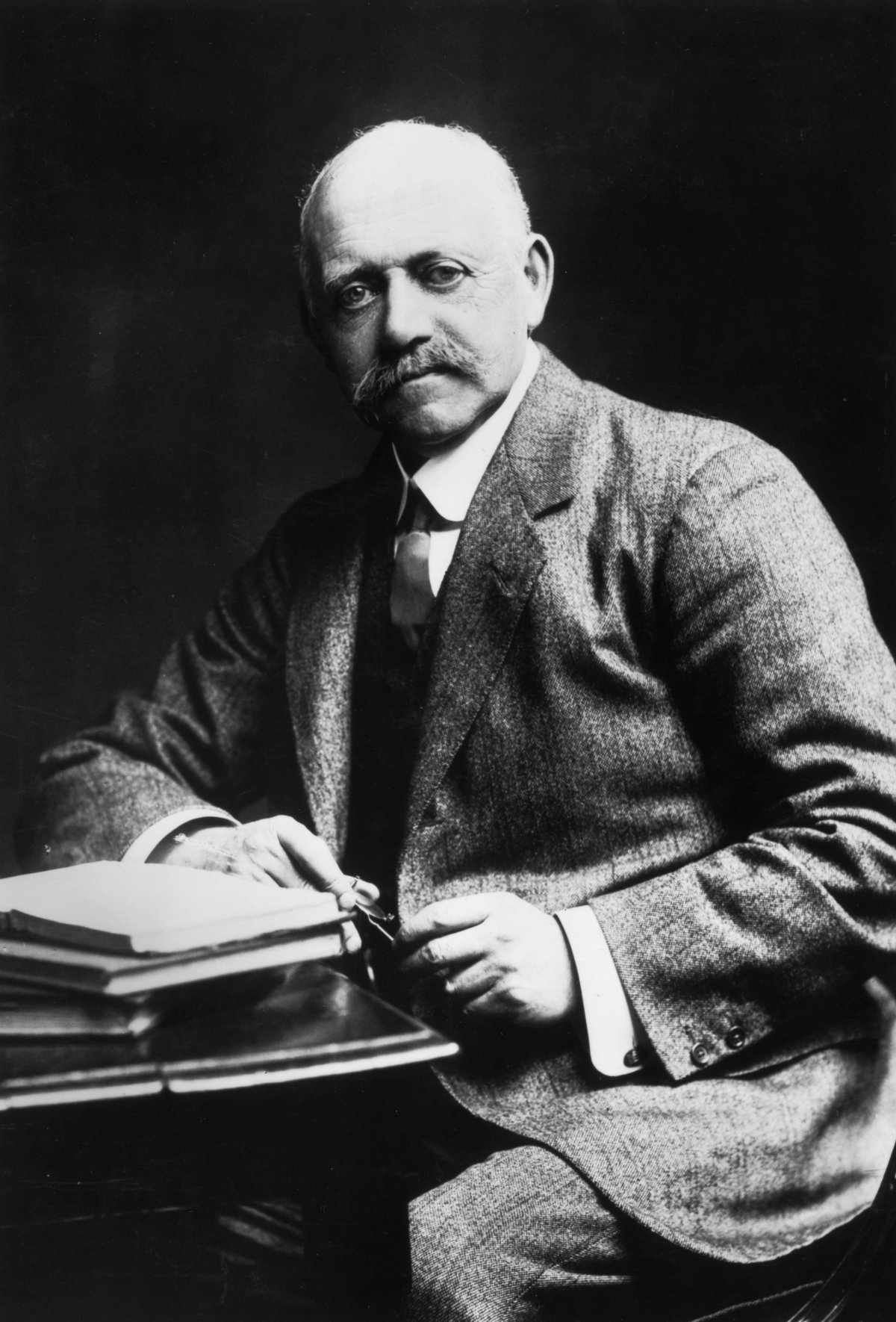Coldplay's Chris Martin has a lineage that might just explain his fascination with clocks.
The chart-topping singer, who is currently on a world tour with his band, is a descendant of the man who helped introduce the concept of daylight saving time to the world.
Daylight saving time, which brings the clocks forward an hour each autumn and back an hour in the spring, takes place this Sunday in the U.S.
The man who introduced the practice to much of the Western world was William Willett, a builder, horse rider, and the great-great-grandfather of Chris Martin.
According to the Royal Meteorological Society, Willet brought the concept to public attention, frustrated by the "waste of daylight" in spring and summer.
Willett wanted to encourage others to get out of bed early and proposed putting clocks forward by 20 minutes on each of the four Sundays in April and back the other way in September.
He first proposed the idea in 1907 but it was rejected when put to the U.K. parliament. The idea resurfaced during World War I, prompted by shortages of coal for fuel.

Germany introduced a Daily Saving Times Bill in 1916, with Britain following suit.
It was not until two years later, however, that the practice was enacted in the U.S. under The Standard Time Act, passing Congress on March 15, 1918, with daylight saving observed from March 31.
Willett would, sadly, not live long enough to see the essence of his idea being adopted in his country and across the world, dying from the flu in 1915.
Eighty-eight years later, and Martin's band, Coldplay, would enjoy a worldwide hit with the song "Clocks," which peaked at No. 29 on the U.S. Billboard chart.

Daylight saving time was enacted as a legal requirement in the U.S. in 1966 under the Uniform Time Act. It mandated standard time was used in existing time zones and established a uniform daylight saving time system, although states were permitted to exempt themselves from it.
When Do Clocks Go Back This Year?
This year, the clocks will go back on November 5 at 2 a.m. local time.
Most of North America experiences daylight saving time, but not all, with exceptions being most of Arizona and Hawaii. Some U.S. territories—American Samoa, Guam, the Northern Mariana Islands, Puerto Rico and the U.S. Virgin Islands— also do not use daylight saving time.
Daylight saving time will start once again in March, where the clocks spring forward, meaning we will have lighter mornings and evenings, but lose an hour of sleep.
Uncommon Knowledge
Newsweek is committed to challenging conventional wisdom and finding connections in the search for common ground.
Newsweek is committed to challenging conventional wisdom and finding connections in the search for common ground.
About the writer
To read how Newsweek uses AI as a newsroom tool, Click here.








